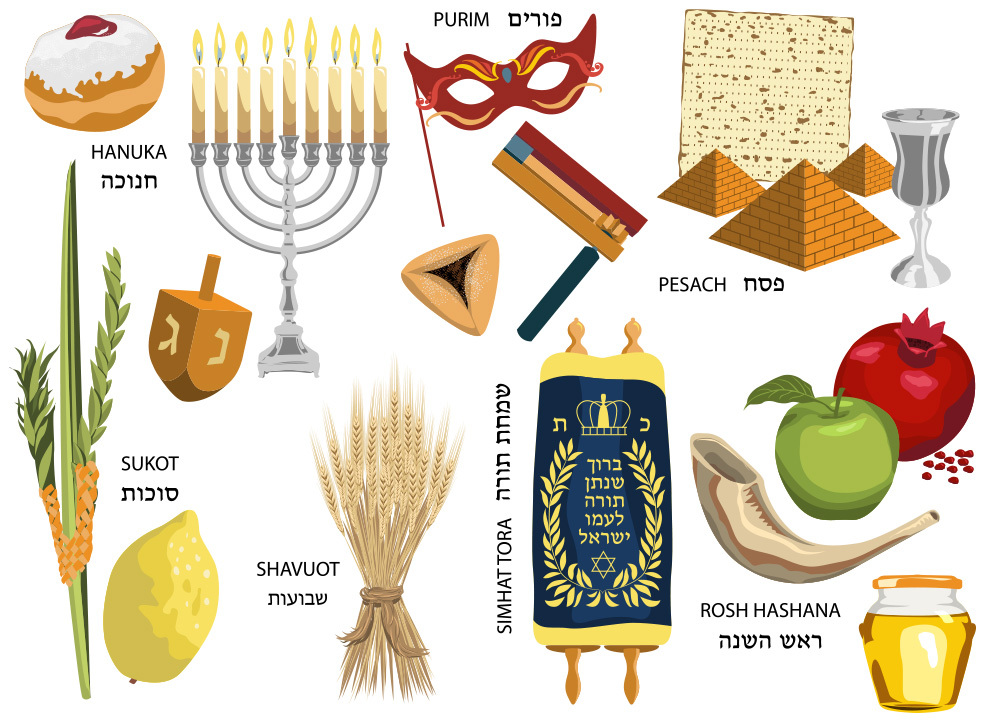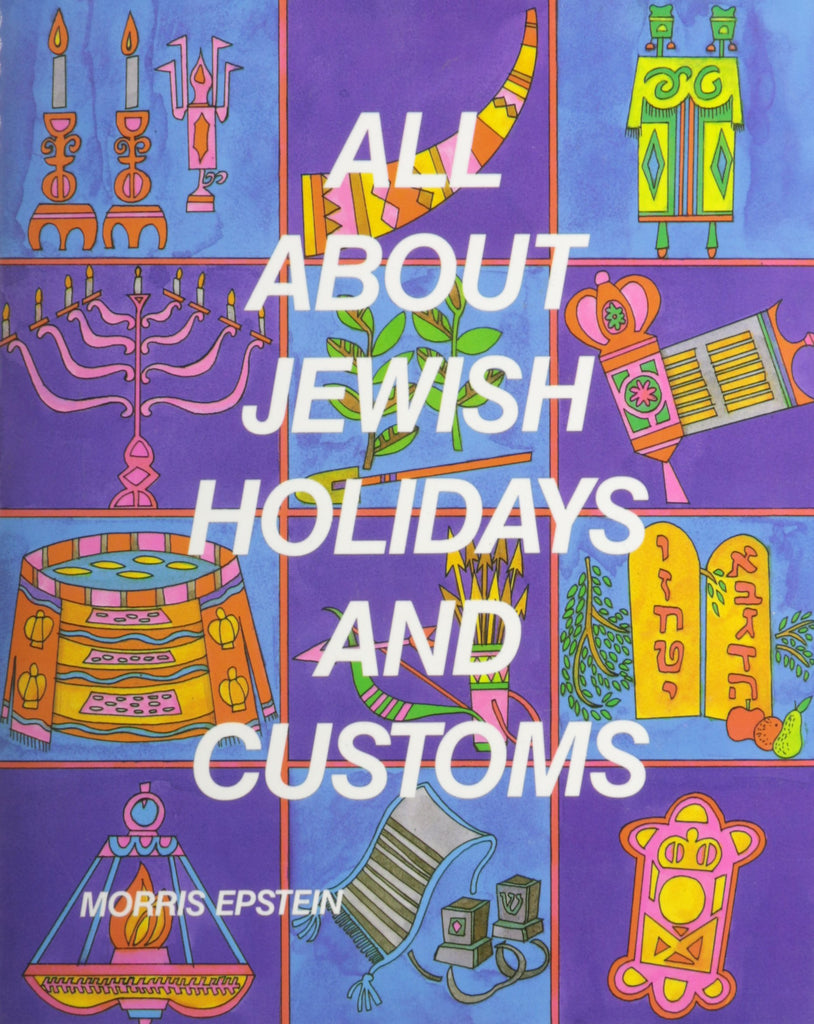Jewish Holidays In May 2025: A Comprehensive Guide
Jewish Holidays in May 2025: A Comprehensive Guide
Related Articles: Jewish Holidays in May 2025: A Comprehensive Guide
Introduction
In this auspicious occasion, we are delighted to delve into the intriguing topic related to Jewish Holidays in May 2025: A Comprehensive Guide. Let’s weave interesting information and offer fresh perspectives to the readers.
Table of Content
Jewish Holidays in May 2025: A Comprehensive Guide

The Hebrew calendar, unlike the Gregorian calendar, is a lunisolar calendar, meaning it is based on both the lunar cycle and the solar year. This results in a shifting date for many Jewish holidays, including those that fall within the month of May.
While the exact dates for Jewish holidays in May 2025 are not yet fixed, this article will provide a comprehensive overview of the potential holidays that could fall within this period, along with their significance and relevant information.
Potential Jewish Holidays in May 2025
1. Passover (Pesach)
- Possible Dates: April 10 – April 18, 2025 (based on the Gregorian calendar)
- Significance: Passover commemorates the Israelites’ exodus from slavery in Egypt. It is a week-long festival filled with symbolic rituals, including the Seder meal, where the story of the exodus is recounted. The holiday emphasizes freedom, redemption, and the enduring power of faith.
-
Key Observances:
- Seder: A special meal held on the first two nights of Passover, featuring symbolic foods and the reading of the Haggadah, a text recounting the story of the exodus.
- Matzah: Unleavened bread, symbolizing the Israelites’ hasty departure from Egypt.
- Avoiding Chametz: During Passover, observant Jews abstain from consuming leavened bread (chametz).
- The Counting of the Omer: The seven-week period between Passover and Shavuot, commemorating the Israelites’ journey from slavery to freedom.
2. Shavuot
- Possible Dates: May 29 – May 30, 2025 (based on the Gregorian calendar)
- Significance: Shavuot celebrates the giving of the Torah to the Israelites at Mount Sinai. It is a time for reflection, study, and appreciation of the divine law.
-
Key Observances:
- All-Night Study: Traditionally, observant Jews spend the night before Shavuot studying Torah and engaging in prayer.
- Dairy Foods: Shavuot is associated with dairy foods, particularly cheesecake, symbolizing the sweetness of the Torah.
- Reading of the Ten Commandments: Synagogues often read the Ten Commandments aloud during Shavuot services.
3. Lag B’Omer
- Possible Date: May 15, 2025 (based on the Gregorian calendar)
- Significance: Lag B’Omer commemorates the end of a plague that afflicted Rabbi Akiva’s students. It is a time of celebration, bonfires, and archery.
-
Key Observances:
- Bonfires: Traditionally, bonfires are lit on Lag B’Omer, symbolizing the light that overcame the darkness of the plague.
- Archery: Lag B’Omer is also associated with archery, a skill that was important for the Israelites during their time in the wilderness.
- Festival Atmosphere: Lag B’Omer is often a time for family gatherings, picnics, and outdoor activities.
4. Rosh Chodesh Sivan
- Possible Date: May 29, 2025 (based on the Gregorian calendar)
- Significance: Rosh Chodesh (literally "head of the month") marks the beginning of the Hebrew month of Sivan. It is a minor holiday observed with special prayers and blessings.
-
Key Observances:
- Prayers: Rosh Chodesh Sivan is often marked by special prayers and blessings recited in synagogues.
- Observance: While not a major holiday, it is a time for reflection and gratitude for the new month.
Importance and Benefits of Observing Jewish Holidays
Observing Jewish holidays provides numerous benefits, enriching individual lives and strengthening the Jewish community:
- Connection to Heritage: Holidays offer a tangible connection to Jewish history, traditions, and values.
- Spiritual Growth: They provide opportunities for introspection, prayer, and deepening one’s relationship with faith.
- Family Bonding: Holidays often involve family gatherings, strengthening familial ties and creating lasting memories.
- Community Building: Shared celebrations foster a sense of belonging and community within the Jewish world.
- Cultural Preservation: Observing holidays helps maintain and transmit Jewish culture to future generations.
FAQs Regarding Jewish Holidays in May 2025
Q: How are the dates for Jewish holidays determined?
A: Jewish holidays are determined by the Hebrew calendar, which is a lunisolar calendar. The calendar is based on both the lunar cycle and the solar year, leading to shifting dates in the Gregorian calendar.
Q: What are the key differences between the Hebrew and Gregorian calendars?
A: The Hebrew calendar is lunisolar, meaning it is based on both the moon and the sun. The Gregorian calendar is solar, based only on the sun. This difference results in a discrepancy in the timing of holidays, which may fall in different months each year.
Q: Are all Jewish holidays observed in the same way?
A: Jewish holidays vary in their level of observance. Some, like Passover and Shavuot, are major holidays with specific rituals and restrictions. Others, like Rosh Chodesh, are minor holidays observed with less elaborate practices.
Q: What resources can I use to find the exact dates for Jewish holidays in May 2025?
A: The most reliable source for accurate dates is the Jewish calendar, which can be found in online calendars, Jewish community centers, and synagogues.
Tips for Observing Jewish Holidays in May 2025
- Plan Ahead: Make time for family gatherings, synagogue services, and other holiday activities.
- Learn About the Holiday: Research the history, significance, and traditions associated with each holiday.
- Participate in Rituals: Engage in the symbolic rituals and observances associated with the holiday, such as the Seder for Passover or the study of Torah for Shavuot.
- Share the Experience: Share the joy and meaning of the holidays with loved ones and friends.
- Reflect on the Meaning: Take time to reflect on the lessons and values embodied by each holiday.
Conclusion
Jewish holidays in May 2025, while potentially including Passover, Shavuot, Lag B’Omer, and Rosh Chodesh Sivan, provide a rich tapestry of cultural and spiritual experiences. They offer opportunities for connection to heritage, spiritual growth, and community building. By understanding the significance and observing these holidays, individuals can deepen their connection to Judaism and contribute to the vibrant tapestry of Jewish life.








Closure
Thus, we hope this article has provided valuable insights into Jewish Holidays in May 2025: A Comprehensive Guide. We thank you for taking the time to read this article. See you in our next article!